We caught up with the brilliant and insightful Archelena “Dee Dee” a few weeks ago and have shared our conversation below.
Hi Archelena “Dee Dee”, so great to have you on the platform. There’s so much we want to ask you, but let’s start with the topic of self-care. Do you do anything for self-care and if so, do you think it’s had a meaningful impact on your effectiveness?
Due to my involvement in the mental health field, self-care has become a necessity rather than a tool for my own mental wellness. I serve as a licensed clinical social worker (LCSW) for a high demand organization providing individual and family therapy as well as seeing clients through my own private practice, so my bandwidth is usually depleted after a long work week. To replenish my energy and regain grounding I rely on spending quiet time with God, attending social outings with family and friends, and taking a global vacation at least once every year. I’ve also developed a routine in enjoying weekly solo dates which gives me time to just “be” without the need to tend to others. Initially I felt selfish for wanting to carve out some alone time, especially when it requires me to decline engagement requests due to conflicting schedules. However, after reaching a point when I’ve felt like leaving my career field I soon discovered that self-care had become obsolete in my schedule, and there’s no way I can show up for others as my best self without it. Not to mention, returning from a trip abroad serves as a great conversation starter!
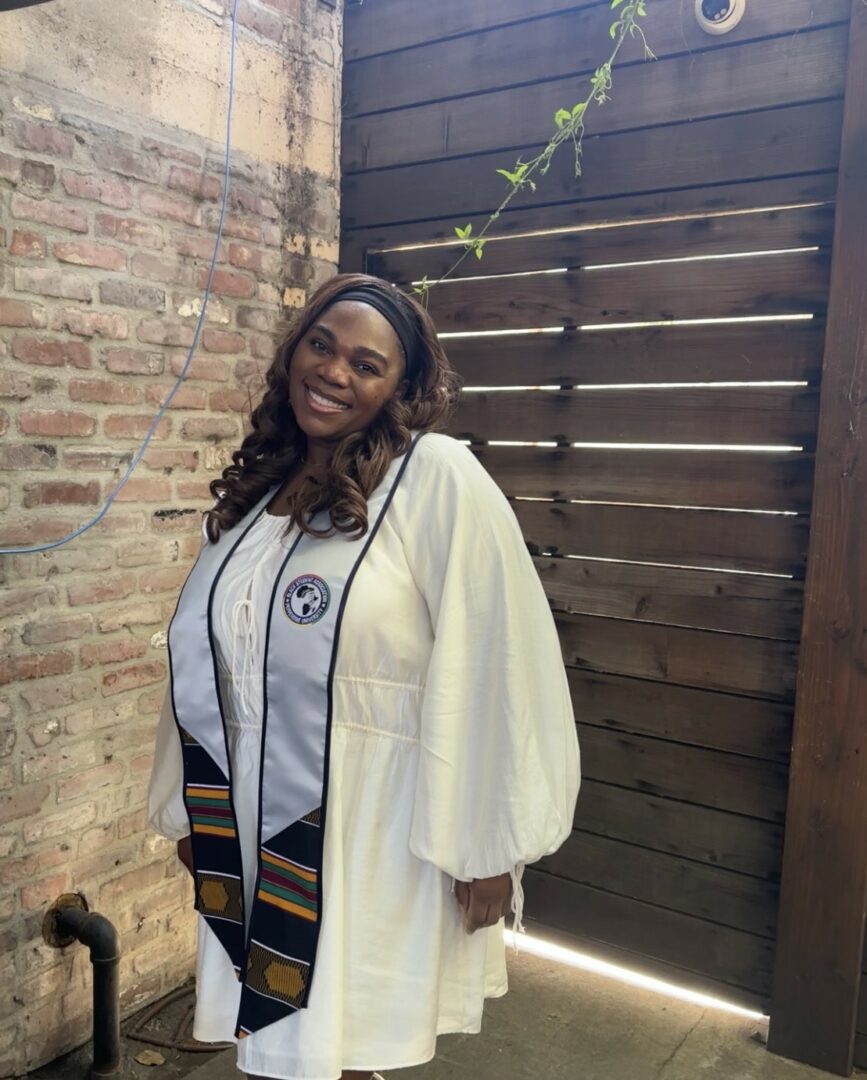
Thanks for sharing that. So, before we get any further into our conversation, can you tell our readers a bit about yourself and what you’re working on?
I am a licensed clinical social worker (aka mental health therapist), and I provide individual and family therapy for children and adults. I earned my masters in social work from the University of Southern California (USC) to prepare for my clinical career, and I completed my MBA program at Pepperdine University to increase my business acumen and add to my entrepreneurial toolkit. I’ve also recently founded my own corporation called “Afterwhile” which provides mental health services for those in need of emotional support as well as business development for associate therapists. Providing clinical support has truly served as a calling for me rather than a job as it allows me to draw from my own experiences and past struggles with trauma in addition to my educational training. Although I believe that most traits can be learned through proper academia, there is a level of passion that is required to show up for others emotionally on a consistent basis with limited, immediate or tangible gain as there is no guarantee that the resources a therapist provides will result in positive outcomes for the patient. The field also comes with its own drawbacks when it requires you to balance what you provide to strangers versus what’s left for your own family and personal needs. Consequently, a successful clinician is often built overtime both before and post entering the mental health field as it often takes the endurance that is gained from a personal experience to help gird a therapist for what clients might expose them to during treatment (e.g. vicarious trauma). Personal trials also build character and compassion towards others as it provides a reminder on how you would want someone to extend kindness if the roles were reversed. Needless to say, it can be challenging being a therapist but to those who are truly called to the field, it is so worth it. Rather it’s planting a seed that will later result in changed behavior, witnessing the personal growth and livelihood of someone who once contemplated suicide or providing a safe space for someone who is experiencing the pain of grief and loss, the calling is worth it.
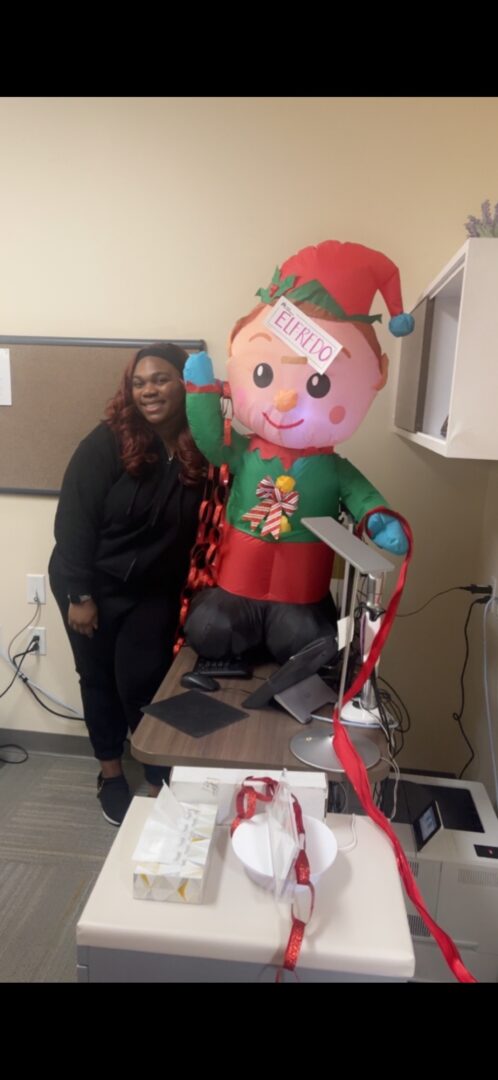
There is so much advice out there about all the different skills and qualities folks need to develop in order to succeed in today’s highly competitive environment and often it can feel overwhelming. So, if we had to break it down to just the three that matter most, which three skills or qualities would you focus on?
The three most important qualities which have helped me to become the person I am today are resilience, patience and courage. Although these traits are pertinent in the mental health field, they are also broadly related to one’s ability to excel in life. Resilience defines the strength to keep going even when the journey gets tough and feels unbearable. Patience offers the humbling (and sometimes dreadful) reminder that “nothing happens overnight”, while courage gives you the boldness and will that’s required to remain resilient and patient in the face of adversity. No matter what professional or personal goal you have in life, it will demand a level of determination and focus like never before. Throughout my journey of becoming a licensed therapist I have experienced a lot of setbacks which included childhood abuse, depression and anxiety, and losing my parents to unexpected illnesses while attempting to complete both of my master’s degrees. I’ve never understood true resilience until I had to provide therapy services one week after my mother died, or when I wrote my personal statement to be admitted into my dream college while also planning my father’s funeral. These experiences were indeed uncomfortable and mentally taxing, but they serve as a reminder to my strength and capability to handle tough times as they arise. I also view these circumstances as my own “life-earned clinical hours” as it helped to equip me with the tools needed to support others during their time of turbulence. Setbacks also taught me a great deal of patience, because the road to recovery wasn’t linear and required schedule adjustments, time to grieve and proper attention to my own mental health (aka therapy). This all required a lot of courage; to ask for help, to say “no”, to trust that life would get better, and to allow God to become the parent that’s been there with me through it all. So, what is the best advice that I can offer to someone looking to develop or improve these traits early in their journey? As cliché as it may sound, “trust the process”.
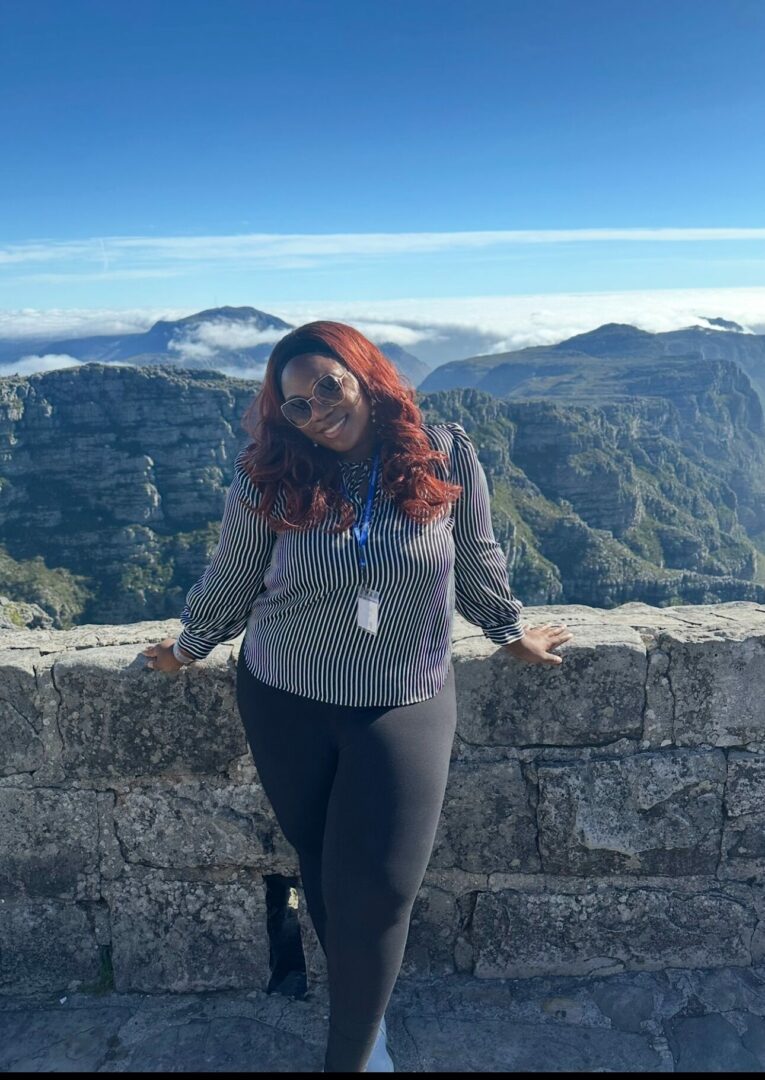
How would you spend the next decade if you somehow knew that it was your last?
If I knew I only had one decade of life left, I would most certainly spend a lot of time traveling and socializing with loved ones. Losing my parents unexpectedly reminded me that life is indeed very short and comes with the fine print of unknown transition. So although I currently don’t know when I will take my last breath, I try to be intentional about the time I offer to my loved ones and imagine how I would feel if our most recent interaction was our last. I also find that traveling helps to build cultural competence and puts everything in perspective since what may be a necessity to people living in my region may be a luxury for someone living in a third world country, and vice versa. I believe that this level of awareness helps to build gratitude for one’s own possessions and patience for the lack. I’m also reminded of what really matters in life as some of the places I’ve visited have taught me the joy which can be found in simple activities, like enjoying a beach day and experiencing good weather. Ultimately, I would make sure that I leave a legacy behind which my family can be proud of and the world can be positively impacted.
Contact Info:
- Website: https://afterwhiletherapy.com/
- Linkedin: https://linkedin.com/in/archelena-dee-dee-mcdonald-lcsw-370715132
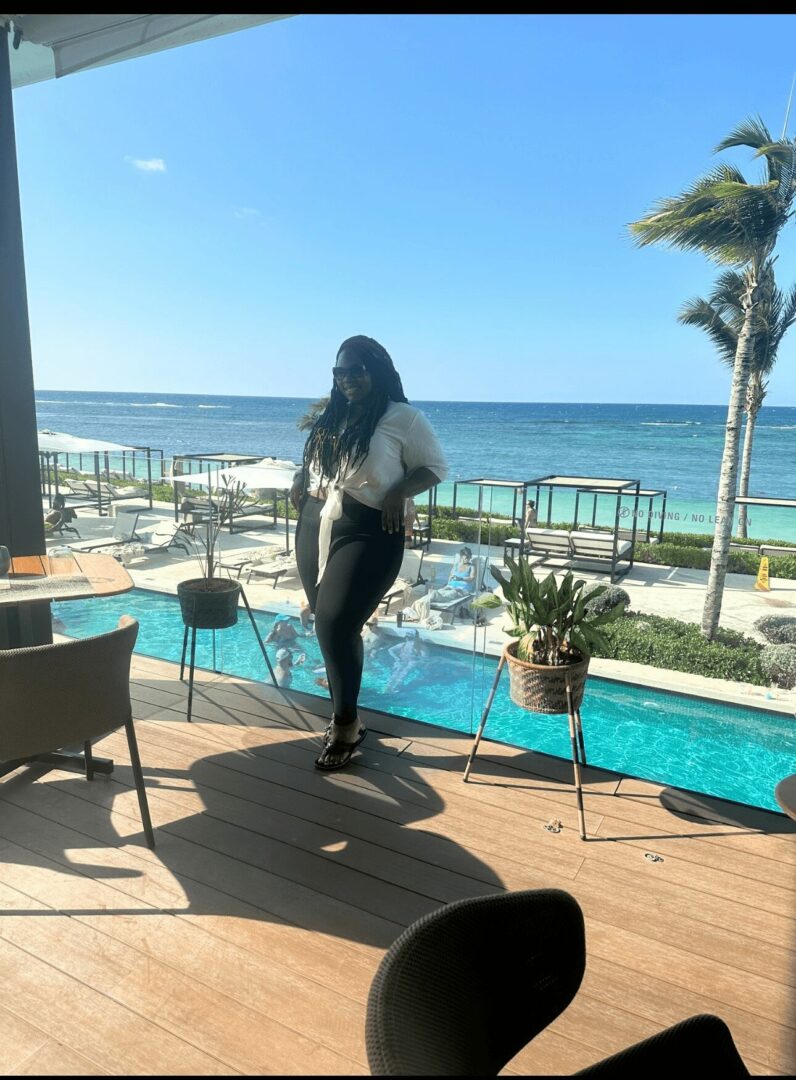
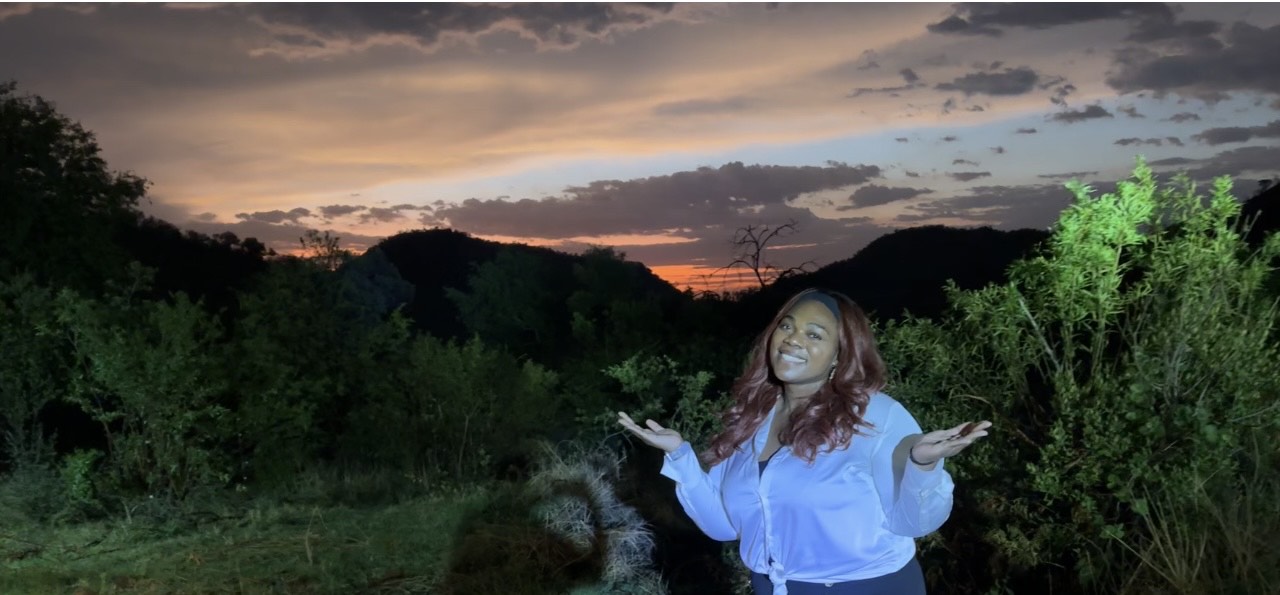
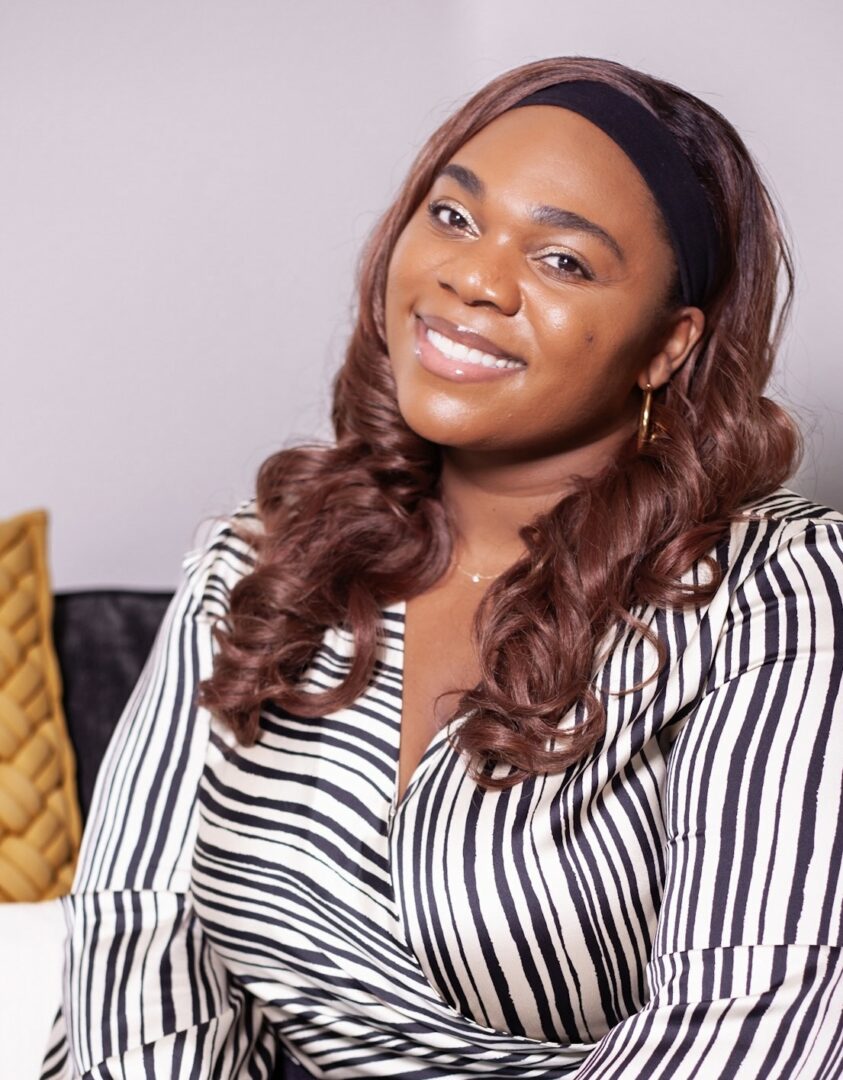
Image Credits
Monique Clark
The Creator’s Eye Photography
so if you or someone you know deserves recognition please let us know here.




